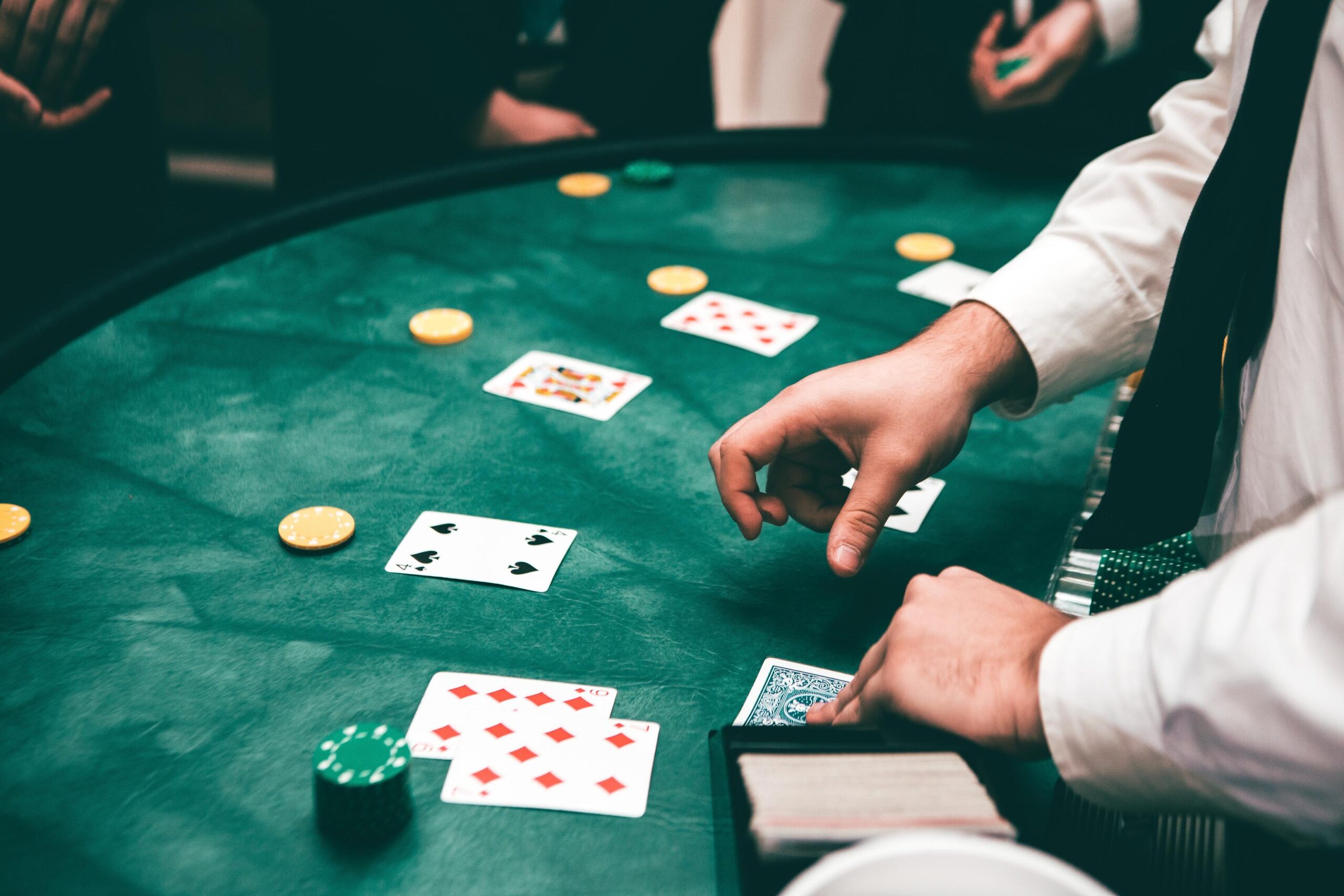The lottery has been around for centuries, and many people have a fascination with it. It’s a game of chance that can change your life in an instant. But have you ever wondered how the lottery started, and how it evolved into the game that millions of people play today? Let’s dive into the history of the lottery (togel) and explore its evolution from ancient times to modern days.
The roots of the lottery can be traced back to ancient China, where it was used as a way to fund public works. The game was simple – participants would draw lots, and prizes were awarded to the winners. Over time, the game spread to other parts of the world, and different variations of the lottery emerged. In ancient Rome, lotteries were held at parties and were a way to distribute prizes. Ancient Greece also had a version of the lottery, which was used to fund public works. Even the Bible makes references to the lottery – the soldiers who crucified Jesus cast lots to decide who would get his garments.
In the 15th century, lotteries began to be used as a way to fund major public works projects in Europe, like the building of bridges and canals. England was the first country to establish a state lottery in 1569, but the lottery was only available to wealthy citizens. In 1612, the first lottery to be available to the general public was held in the Netherlands. The lottery was so popular that it helped to finance the Dutch East India Company.
The lottery remained popular in Europe throughout the centuries, but it was in the United States that the lottery took off in a big way. In 1964, New Hampshire became the first state to establish a state lottery. Other states quickly followed suit, and today, 44 states in the US have state lotteries. The lottery has proven to be a major source of revenue for these states, with billions of dollars being generated each year. Over the years, the lottery has also evolved to include different types of games, like scratch-offs and multistate games like Powerball and Mega Millions.
But the lottery isn’t just popular in the United States. Lotteries are played around the world, and every country has its own unique story of how the game became popular. For example, in Australia, lotteries were initially used to fund sports teams and stadiums. Today, the lottery is still used to fund public works projects, as well as various community initiatives. In China, the lottery has come full circle, with the government using lotteries to fund public works just like in ancient times. In Singapore, lotteries are used to fund healthcare, education, and various social programs.
One of the things that make the lottery so fascinating is the stories of the people who have won big. Some of the most famous lottery winners include Mavis Wanczyk, who won $758.7 million in 2017; Gloria MacKenzie, who won $590.5 million in 2013; and Andrew Jackson Whittaker Jr, who won $315 million in 2002. But not all lottery winners have happy endings. Some have gone bankrupt, faced legal trouble, or had their lives ruined by the sudden wealth.
Conclusion:
The history of the lottery is a long and fascinating one, and it’s clear that the game has come a long way since its ancient origins. Today, the lottery is played around the world, and it’s a major source of revenue for many countries. While the lottery can be a game of chance, it’s also a reminder of the possibilities that life can offer. Whether you play the lottery or not, it’s hard to deny the excitement that comes with the chance to win big.

